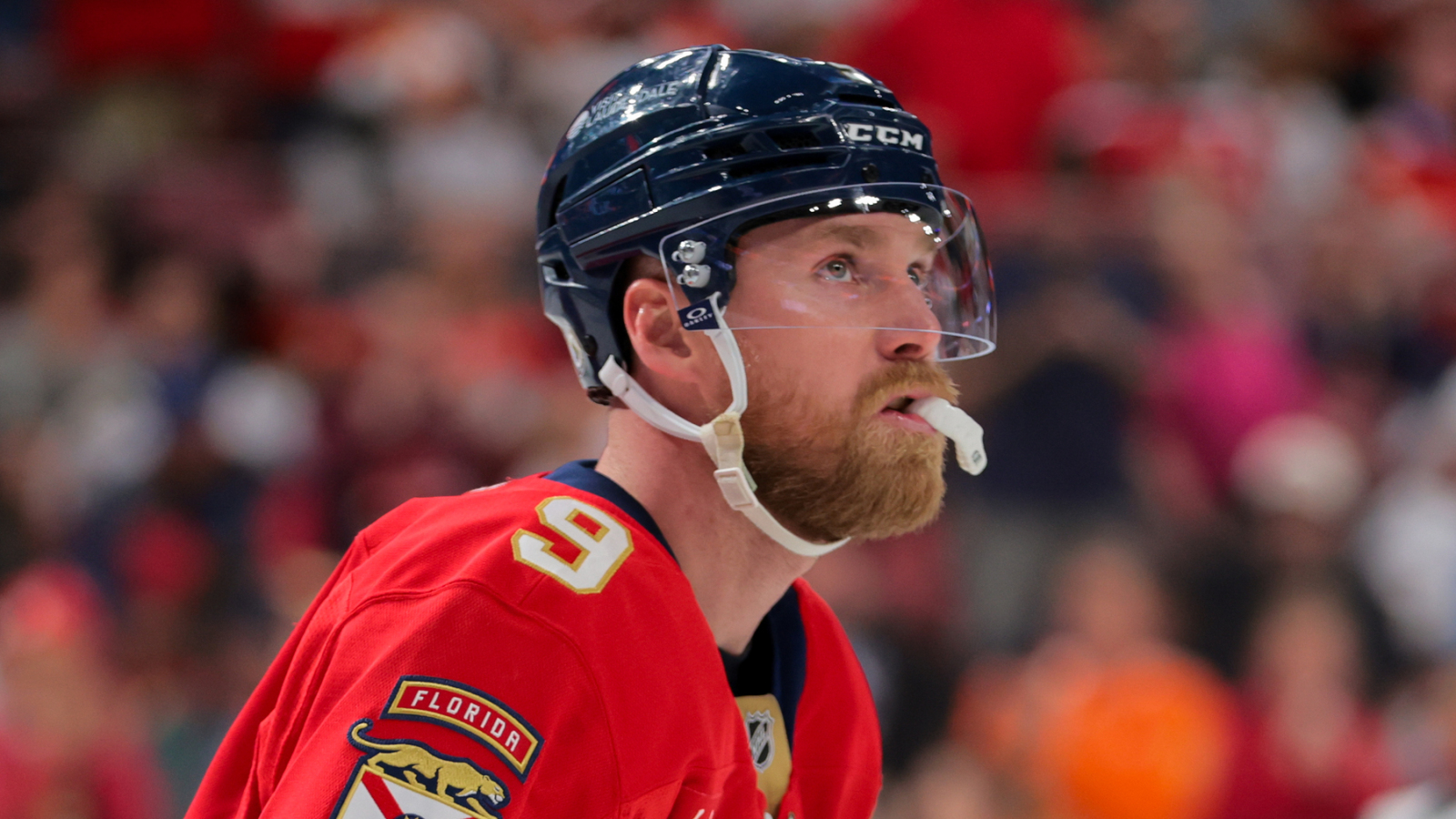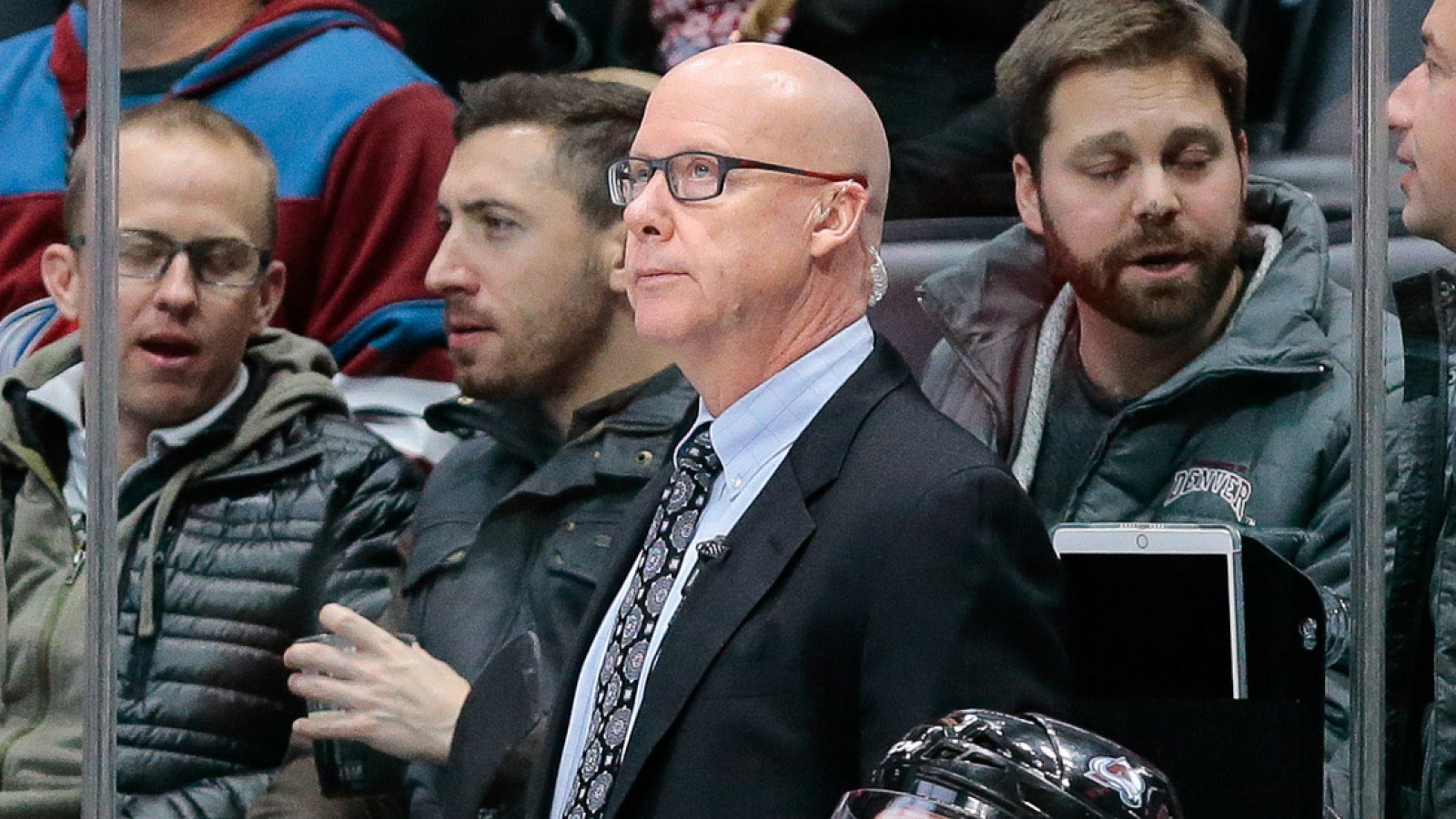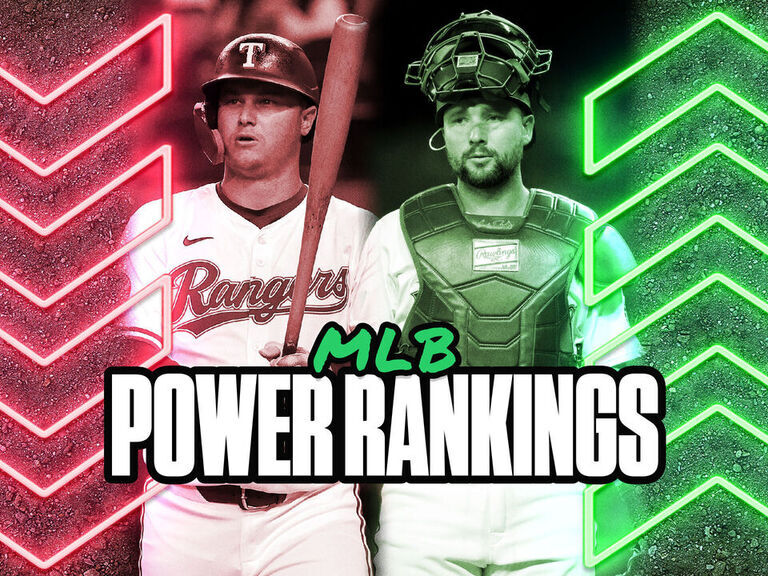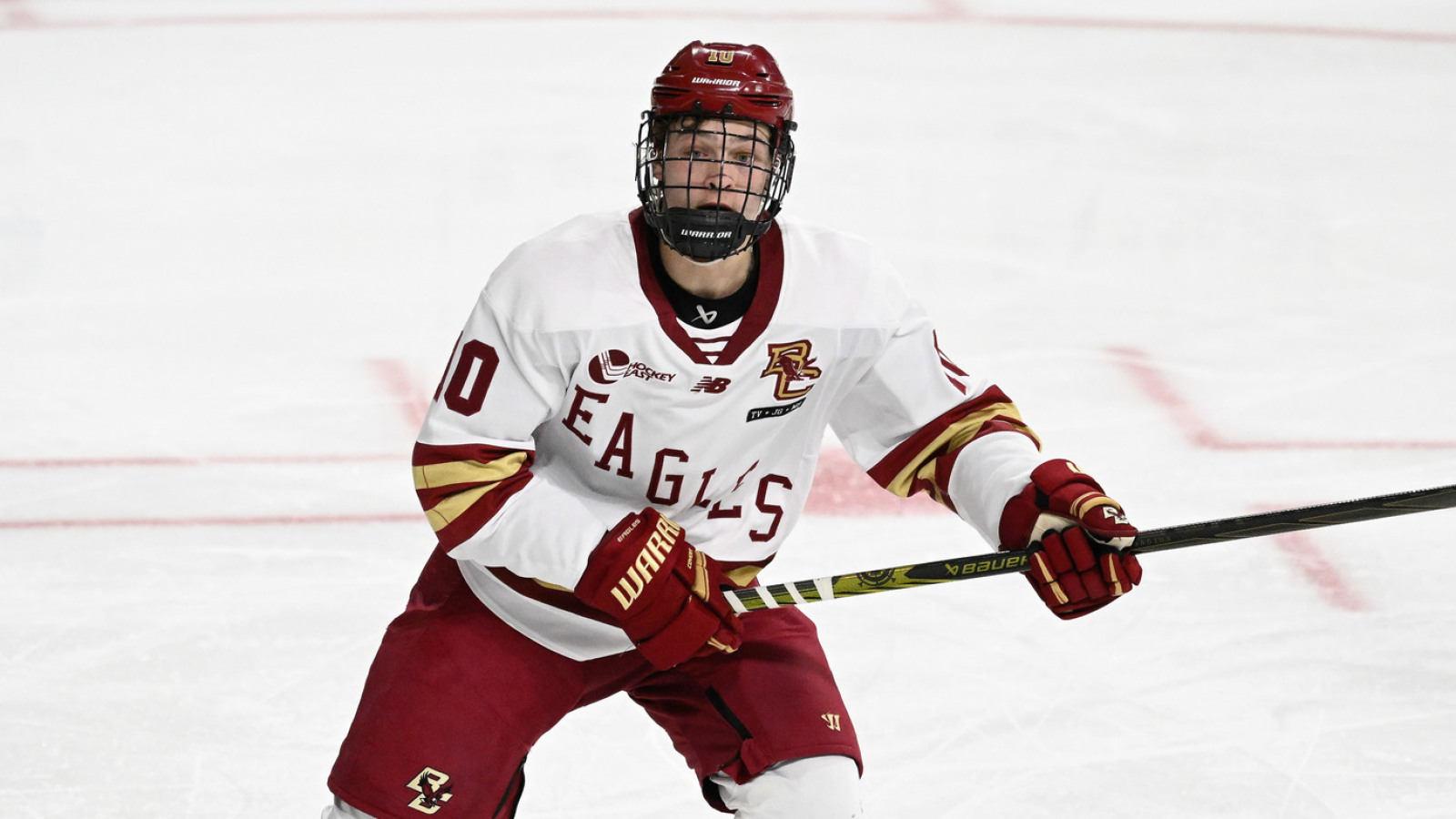
The play involving Bennett and Stolarz is not one of the more egregious-looking plays you will ever see. He clearly made contact with Stolarz’s head as he went through the crease, but it wasn’t the most violent elbow of all time.
It is also true that prior to the play, Stolarz had been hit square in the mask with a slap shot that dislodged his mask. There is an ongoing debate as to whether the shot, the hit or a combination of the two things in such a short period of time caused his reaction and forced him out of the game.
There is also a question of Bennett’s intent on the play.
Was it just simply a hockey play where he was going to the net with the puck trying to score a goal? Or did he go in recklessly toward the goalie and take advantage of a chance to rattle an opponent?
Given what we know about Bennett’s style of play and his track record, he does not deserve the benefit of the doubt.
Bennett is one of the NHL’s most physical players and is not afraid to toe the line between physical and reckless (and sometimes downright dirty). He has also had a knack for injuring opposing players on controversial plays, including Maple Leafs forward Matthew Knies during the playoffs two years ago and his current teammate Brad Marchand (a year ago when they played on opposing teams in the playoffs a year ago).
He always seems to be making contact with players’ heads.
Or doing something that results in an opponent getting injured.
Or delivering a hit that gets people pondering if it should be a suspension, only to have the NHL’s Department of Player Safety decide that it isn’t quite bad enough.
It is no longer an accident or being in the wrong place at the wrong time when he keeps finding himself involved in these plays.
He knows what he is doing.
He also keeps getting the benefit of the doubt even though he always seems to find himself in these situations, and even though he has been suspended twice before in his career.
A player’s past history with suspensions — as well as the injury to an opponent — only becomes a factor if the league decides a particular play is worthy of supplemental discipline. If the league reviews a play and determines that it’s worthy of a suspension, it will then take into account whether or not a player has been punished before and add games to the suspension for repeat offenders.
The mindset is sound: It is an effort to make it so the play itself is the topic of discussion and not personal beefs or vendettas with individual players. It is so players are not feeling “targeted.”
But is that fair to the rest of the players in the league that keep ending up on the receiving end of these plays?
Players like Bennett and Marchand are then able to keep toeing the line and playing a borderline reckless game that has negative consequences for their opponents. And they are not always legal plays, either. Often times they do result in penalties. But the penalty is usually seen as enough punishment and the league ends it there.
In this case, he did not even get the penalty. Now Toronto may not have its starting goalie in a playoff series.


